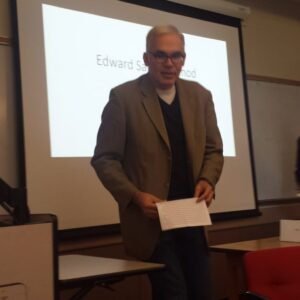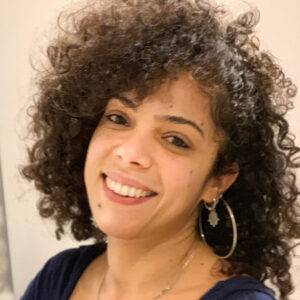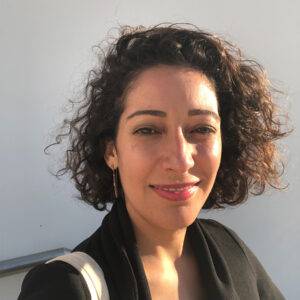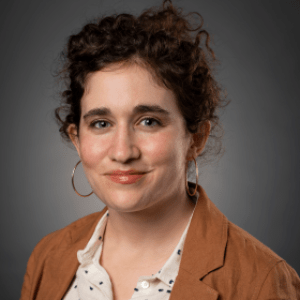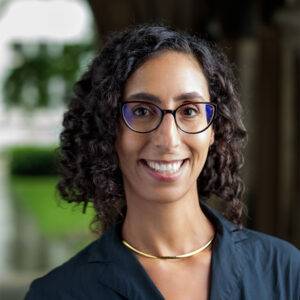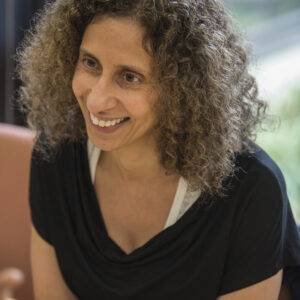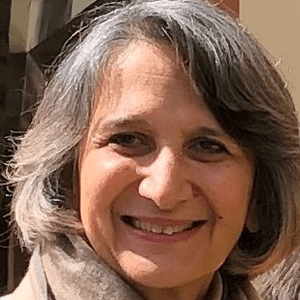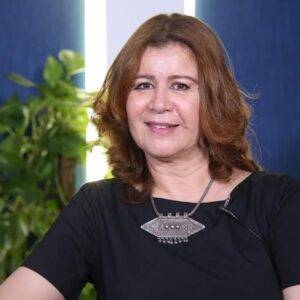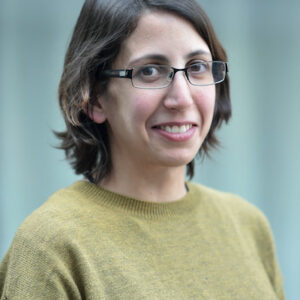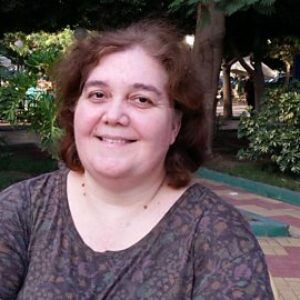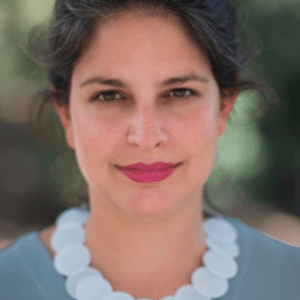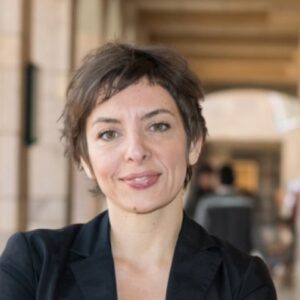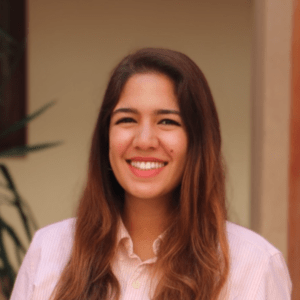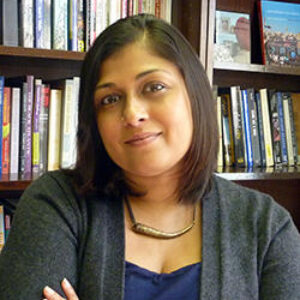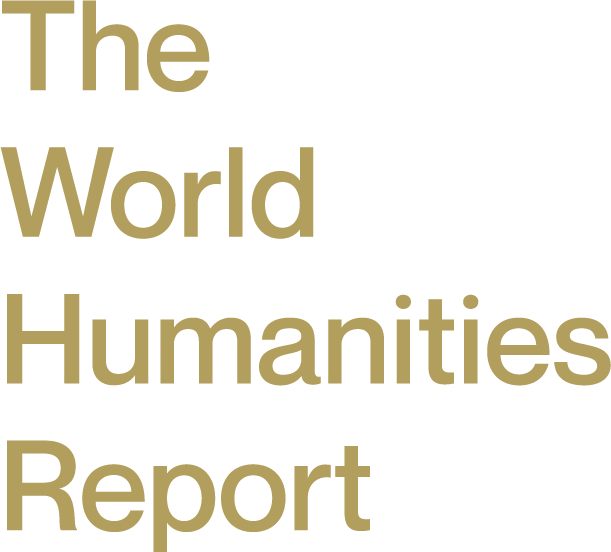After participating in the 2017 World Humanities Conference in Liege, Belgium, the Arab Council for the Social Sciences (ACSS) was invited to contribute to the World Humanities Report (WHR) and to produce the Arab Region component of the Report. Over 2020–21, the ACSS mobilized scholars from across the region and beyond to critically and creatively examine the themes, research methods, pedagogies, people, modes, and institutions involved in shaping and reshaping humanities knowledge in and about the region. The Arab Region report aims at critically understanding the landscape and impact of humanities knowledge creation on institutions, researchers, and publics. It describes and analyzes the institutions and infrastructures of knowledge production, the definition and reformulations of humanities fields, the intersections of research with society, the idea of the public good, and the ways in which innovative collaborations and new disciplines are emerging. Finally, given the realities of the region, the report also speaks to circumstances of crisis, urgency, and emergency, and the ways in which they impact both academic and public knowledge production.
Report for the Arab Region
The report consists of twenty-five rigorous, forward-thinking academic essays or think pieces commissioned specifically for this report, as well as twenty-six case study profiles of organizations, collectives, platforms, and institutions working in the critical humanities in the Arab region. The case studies are drawn from a survey of such organizations that we conducted in 2021. Neither the essays nor the case studies exhaust the themes or the actors engaged in reformulating the humanities and related fields in the region. The amount of energy and creativity expended toward more democratic and inclusive polities, in the face of persistent obstruction from above, cannot be overstated. This energy and creativity link research, activism, mobilization, and protest in significant ways. We hope that this report serves as a tribute, however modest and inadequate, to these efforts and the people behind them. We also aim for the report to serve as a launching pad for various other projects, to be curated by the ACSS, with the goal of capitalizing on the critical connections made between the work of individuals and organizations shaping the social sciences and humanities landscape in the region.
Essays
Introduction
Critical Humanities in the Arab Region: Trends and Futures
Layered Hegemonies, Academic Imaginaries
Border Crossings: Arab Humanities at Home and Abroad
Alternative Archival Initiatives as Sites of Resistance
Self Tracing / استشفاف النفس
Deimperialization and Arab Thought
Law and the Humanities: Academic Impossibilities, Activist Necessities?
US Branch Campuses in the Gulf as Sites of Imperial and Decolonial Knowledge Production
Urgency and Temporality
A Critical Autoethnography of Teaching and Writing from Palestine
Researching Activism in “Dead Time”: Counter-politics and the Temporality of Failure in Lebanon
A Contested Terrain: Education in Emergencies Research
Witnessing the Emergence of Future Worlds: Ethnographic Research in Turbulent Times
Afterlives of the State: Reimagining National Belongings in Lebanon on Instagram
Feminist Platforms
The Contribution of Islamic Feminists to the Production of Knowledge
Comix as Artivism: The Intersection between Art and Critique
On Feminist Platforms in the MENA Region: Experiments with New Terms and New Terms of Engagement
Revolutionary Gazes: Gender Politics in Contemporary Tunisian Film
Gender Studies in the Arab World: An NGO Phenomenon
Translating and Traveling Genres
So Vast the Prison: Contextualizing Prison Writings after 2011
Heroism Revisited: The Superhero Genre in Modern Arabic Culture
The Humanities in the Arab Digital Age
Traveling Theory in Translation: An Arab “Travelogue” of Feminism and Gender
Urban Imaginaries and Landscapes
Beyond the Garbage Politics of Emergency: The Paradox of Infrastructural Failure in Beirut’s Peripheries
The Urban Condition and Its Imaginaries: Perspectives from the Arab World
Case Studies
Case Study: Afro-Asian Futures Past
Case Study: The Anti-Racism Movement
Case Study: The Arab Council for the Social Sciences
Case Study: Arab Image Foundation
Case Study: Arab Studies Institute
Case Study: Cairo Institute for Liberal Arts and Sciences
Case Study: Creative Memory of the Syrian Revolution
Case Study: The Doha Historical Dictionary of Arabic
Case Study: Institute for Palestine Studies
Case Study: The Knowledge Workshop
Case Study: Kohl: A Journal for Body and Gender Research
Case Study: Legal Agenda
Case Study: The Other Maps of Egypt
Case Study: Syria Untold
Case Study: Women Memory Forum
Contributors
Team
The Arab Council for the Social Sciences led the work of this report from its offices in Beirut, Lebanon.[1] Like everyone across the world, we worked in the extraordinary circumstances of the global pandemic. Before it, in 2019, new protests, calling for democratization and rights, had rocked the Arab region, which has yet to absorb the lessons and ramifications of the 2010–11 uprisings (the “Arab Spring”). At its home base in Lebanon, the ACSS contends with the impacts of a severe economic and banking crisis, the October 2019 revolution, and the August 2020 explosion at the Beirut port, in addition to the COVID-19 pandemic. All these dynamics have influenced the organization and themes of this report, the kinds of questions researchers were asking, and even their capacity to contribute. Although the report ideally would have covered more themes, geographies, and perspectives, it is a strong testament to the commitment of the participating authors and institutions to knowledge production despite, or perhaps because of, the everyday and long-term challenges they face.
Editorial Team
Research Team
[1] We gratefully acknowledge funding support from Northwestern University (grant no. 0000001074), UNESCO regional office in Beirut (grant no. 4500420491-A1), and the Andrew W. Mellon Foundation grant to the ACSS (grant no. 1905-06799).

 View PDF
View PDF